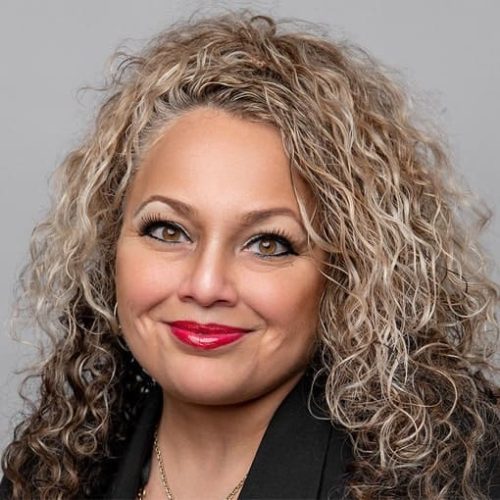
Time Needed : 60 minutes
Social anxiety can make everyday interactions feel overwhelming, leading to avoidance, self-doubt, and distress. Fortunately, it can be managed with the right tools and support. Overcoming social anxiety involves understanding your triggers, challenging unhelpful thoughts, building confidence gradually, and seeking professional guidance when needed.
Step 1: Identify Your Social Anxiety Triggers.
Approximately 5–10 minutes.
Start by paying attention to what situations cause anxiety, such as speaking in groups, meeting new people, or eating in public. Understanding your triggers helps you prepare and respond more effectively.Step 2: Challenge Negative Thoughts.
Approximately 10–15 minutes.
Social anxiety often stems from fear of judgement or embarrassment. When anxious thoughts appear, question them. Ask yourself, “Is this thought realistic?” or “What’s the worst that could truly happen?” Reframing your thinking reduces fear and builds confidence.Step 3: Practise Gradual Exposure.
Approximately 10–20 minutes (initial steps).
Avoidance reinforces anxiety. Instead, slowly face the situations you fear, starting with easier ones and working your way up. For example, start by saying hello to a new person or attending a small gathering. Small successes lead to lasting growth.Step 4: Learn and Use Calming Techniques.
Approximately 5–10 minutes.
Use relaxation tools such as 4‑7‑8 breathing, mindfulness, or grounding exercises before or during social situations. These techniques help regulate your nervous system and lower anxiety in the moment.Step 5: Celebrate Your Progress.
Approximately 2–5 minutes.
Every small step counts. Whether you introduced yourself, asked a question in class, or made a phone call, acknowledge it. Positive reinforcement builds motivation and self-trust.Step 6: Reach Out to a Mental Health Professional.
Approximately 5–10 minutes (inital outreach).
If social anxiety interferes with your relationships, work, or daily life, professional help can make a big difference. A licensed mental health clinician can guide you with tools like Cognitive Behavioural Therapy (CBT) or social skills training. AERCS Therapy offers compassionate mental health services tailored to your needs.
Contact AERCS Therapy Today.
In one session, you could complete most steps in 30 to 60 minutes, depending on how much time you spend on exposure and reflection. However, overcoming social anxiety is an ongoing process, and consistent daily or weekly effort is key to long-term success.
Is social anxiety the same as being shy?
Not quite. Shyness is a personality trait, while social anxiety is a mental health condition that causes intense fear or avoidance in social settings. It often needs targeted support.
Can social anxiety go away on its own?
Mild symptoms may improve with time and self-practice, but persistent or severe social anxiety usually benefits from structured support, such as therapy.
What treatments are most effective for social anxiety?
Cognitive Behavioural Therapy (CBT) is highly effective, along with exposure therapy and mindfulness-based approaches.
How can I practise social skills safely?
Start with low-stress environments like talking to a cashier or joining a small interest group. Gradual exposure helps you build confidence without overwhelming pressure.
When should I see a therapist for social anxiety?
If anxiety is preventing you from attending events, making friends, performing at work, or living fully, it is time to speak with a professional.
AERCS Therapy can help you move forward with confidence.
Start Here.
- Is It Normal to Feel Nervous or Anxious About Starting Anxiety Therapy?
- What Should I Do if I Run Out of Things to Talk About During Anxiety Sessions?
- How Do Therapists Structure Anxiety Therapy Sessions?
- How Long Does Anxiety Therapy Usually Last?
- How Soon Can I Expect to Feel Better After Starting Anxiety Therapy?
- How to Improve Sleep Hygiene?
- How to Practise Mindfulness?
- How to Overcome Social Anxiety?








